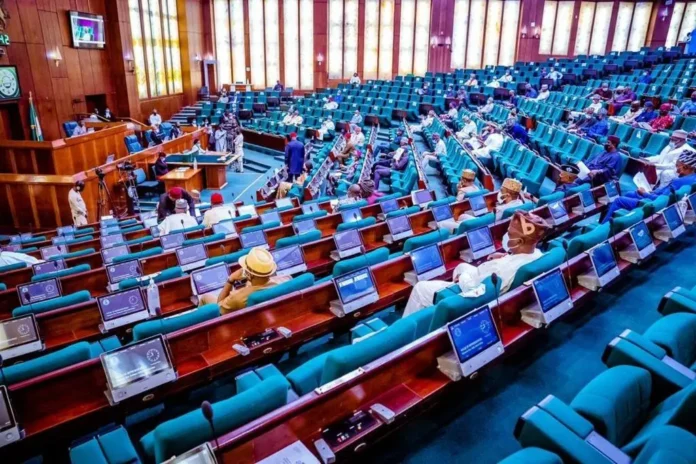Efforts to strengthen food security in Nigeria received a major push as the House of Representatives advanced a bill proposing the establishment of a Defence Farm and Ranches Scheme.
Sponsored by Hon. Babajimi Benson, Chairman of the House Committee on Defence, the bill passed its Second Reading and seeks to leverage the capabilities of the Nigerian Armed Forces to increase agricultural output and drive economic diversification.
Highlighting the broader goals of the scheme, Hon. Benson explained that it is part of a national strategy to diversify Nigeria’s economy, reduce dependence on oil, and address food security issues. This initiative builds on previous military-backed agricultural projects, like the Nigerian Army Farms and Ranches Limited (NAFARL) and the Command Agriculture Initiative.
Hon. Benson pointed out that similar military-supported agricultural programs have seen success worldwide, citing examples such as the United States, where the National Guard Agricultural Development Teams (ADT) involve around 11% of the nation’s farming community, equating to roughly 396,000 farmers. He also referenced similar programs in Israel, China, Egypt, and Zimbabwe, where military resources support agriculture.
According to Hon. Benson, this proposed scheme is not entirely new. “Military farms have historically existed to provide sustenance for personnel, but this scheme broadens that scope to support larger national economic and security goals,” he stated.

The scheme’s objectives include engaging the military in boosting food production, enhancing national food security, and promoting agriculture as an economic alternative to oil. The Nigerian Armed Forces will allocate arable land across the country for these agricultural projects, making it possible to cultivate diverse crops suited to various climatic zones. Additionally, the scheme will incorporate integrated farming systems that combine crop cultivation with livestock and fish farming, enhancing land-use efficiency and biodiversity.
Beyond food production, Hon. Benson emphasized the potential socioeconomic impact, stating that the scheme could create jobs for military and civilian personnel alike, helping to reduce unemployment and provide valuable agricultural skills. He also noted that by increasing food supply, the scheme could stabilize prices and reduce dependency on imports.
Hon. Benson also underscored the link between food scarcity and insecurity, pointing out that hunger can be a major driver of unrest and insurgency. By providing economic opportunities and addressing food needs, the scheme aims to mitigate youth restiveness and reduce criminal activities, making it a strategic approach to tackling insecurity.
After a thorough discussion, Deputy Speaker Hon. Benjamin Kalu referred the bill to the House Committee on Defence for further review and action.




